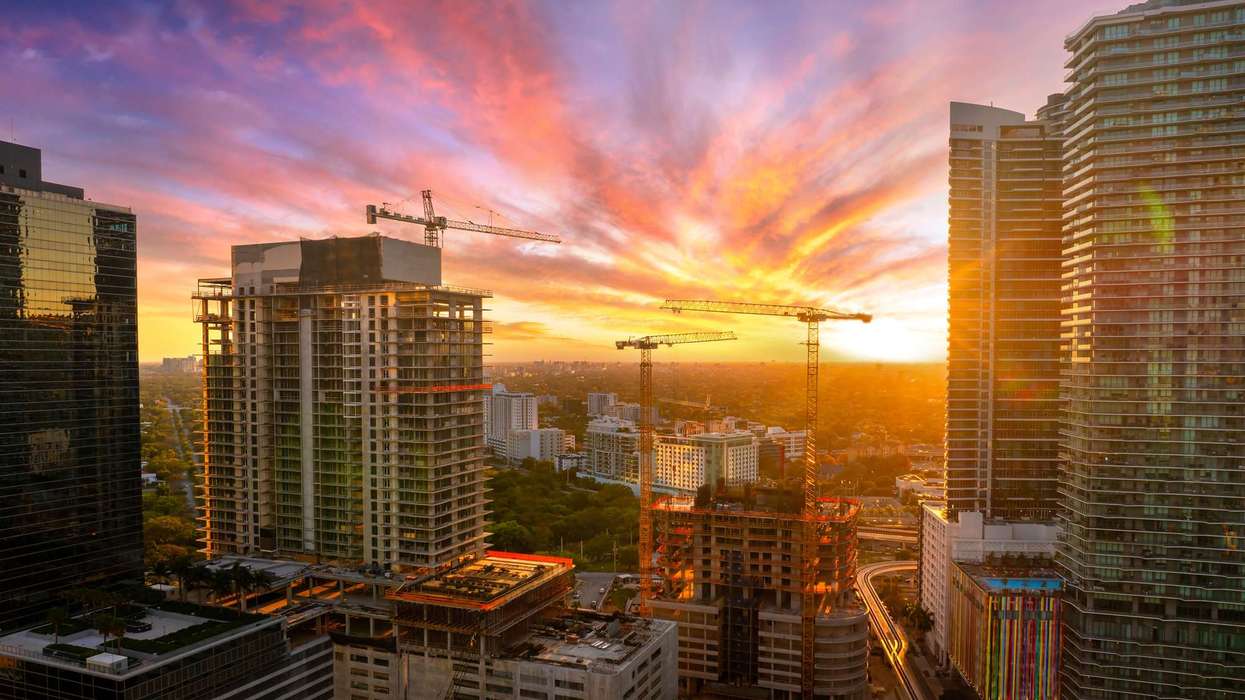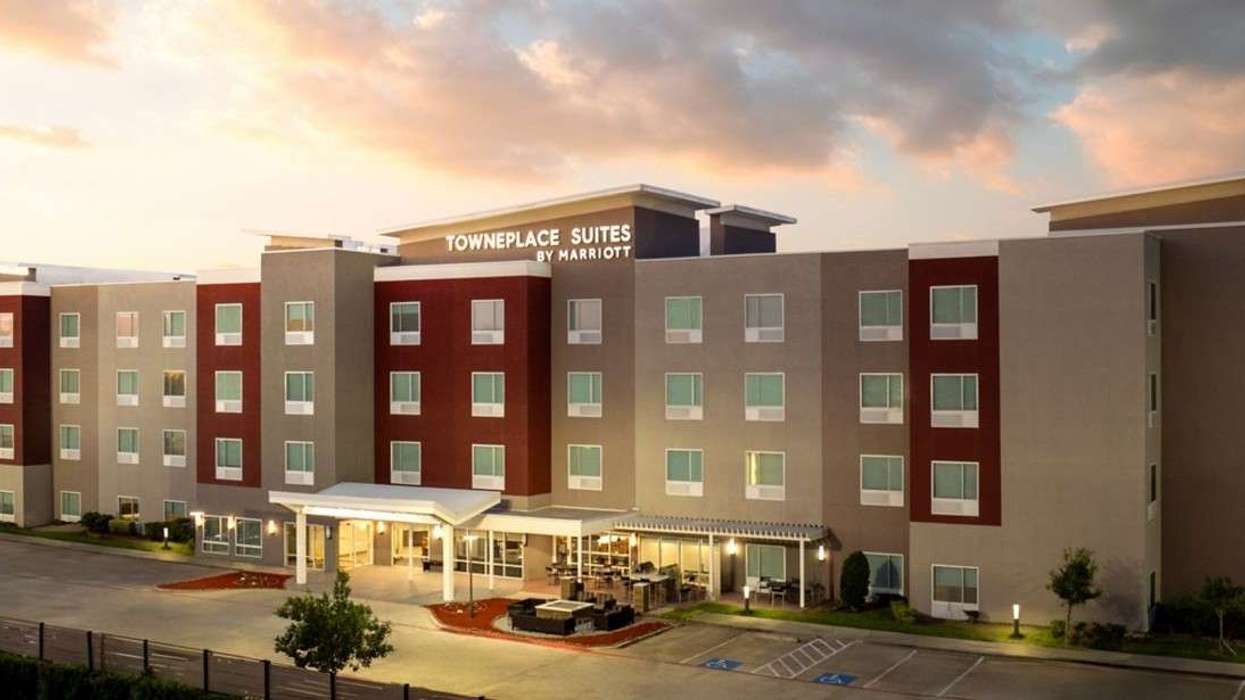PROPOSED LEGISLATION COULD offer relief for hoteliers with commercial mortgage backed securities loans. CMBS loans carry stricter rules that make it more difficult for borrowers to avoid default if they miss a payment after losing business in the COVID-19 pandemic.
The Helping Open Properties Endeavor Act would require the U.S. Department of the Treasury to establish a HOPE Preferred Equity Facility that would help businesses with CMBS loans to avoid foreclosure. Texas Rep. Nicholas Van Taylor, a real estate financier, proposed the bill after leading 100 Congress members to write a letter to the Treasury Department and the Federal Reserve requesting that they provide relief to the CMBS market.
“Millions of jobs depend on keeping these properties open,” he told the RealDeal, citing 8.3 million in the hotel industry alone. “These industries don’t need a bailout, but they do need flexibility and support to keep their doors open, provide millions of jobs in communities across the country, and drive their local economies.”
The hotel industry was quick to endorse the HOPE Act. The sudden drop in occupancy brought on by the pandemic led to a liquidity crisis for many hotel owners, said Cecil Staton, AAHOA president and CEO, in a statement.
“While owners with traditional mortgages can seek forbearance through their community banks, those with CMBS loans must clear numerous hurdles just to begin a conversation about forbearance with a special loan servicer,” Staton said. “We are optimistic that the HOPE Act will help bring real relief to small businesses like hotels.”
The American Hotel & Lodging Association also supports the HOPE Act.
“With record low travel demand, thousands of hotels can’t afford to pay their commercial mortgages and are facing foreclosure and the harsh reality of having to close their doors permanently. Tens of thousands of employees are faced with losing their jobs permanently,” Chip Rogers, AHLA president and CEO, said in a statement. “Other small businesses that depend on these hotels to drive local tourism and economic activity will likely face a similar fate. Before the pandemic, one out of every ten jobs in the U.S. depended on travel and tourism. It’s imperative we get back to those levels once this crisis is behind us.”





